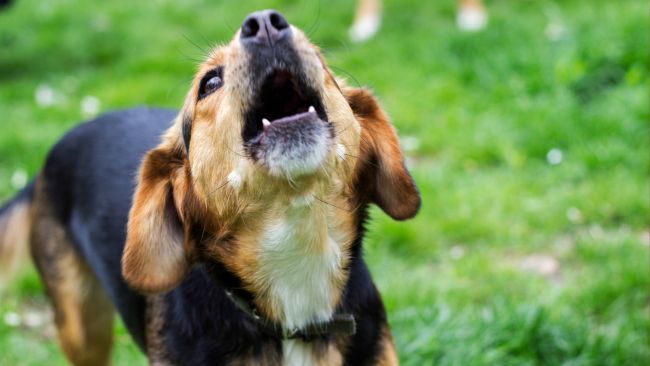There are many possible reasons why your puppy’s appetite changes, but one of the most common explanations is that your puppy is still going through an adjustment phase and learning how to live in a brand new environment. Puppies are quite nervous as a rule, and they do lose their appetites occasionally when big adjustments occur. Since living with you is quite a big difference for your little canine pal, it may take a little time before your young dog gets used to his or her new home.
In most cases, this change in appetite is not indicative of health problems or any deep or lasting emotional difficulties. However, to put your mind at ease and to be certain that Fido is okay, it’s always wise to take your new puppy in for a checkup with a licensed veterinarian when appetite changes begin to worry you. After all, puppies do need to eat two or three times a day (depending on their age, weight, and breed); in order to grow properly and to develop normally, proper nutrition is a must.
Consider Changing Your Puppy’s Diet
Another possibility is that your beloved pet simply doesn’t like what you’ve chosen to feed him. Some types of kibble (puppy chow) may be more pleasing to your puppy’s palate. If you’ve ruled out illness at the vet, it may be time to change what you feed your canine buddy. In some cases, a change of puppy chow brand may be enough to re-stimulate your dog’s appetite and to solve the problem. However, changing your young dog’s diet should be done carefully and gradually to avoid any gastrointestinal upsets.
Supplements and Home Remedies May Help Some Puppies
There are some supplements that are believed to inspire more robust appetites in puppies; examples of supplements that may be safe to give your puppy, check with a vet to see if these supplements are alright.
Sometimes, home remedies for poor appetite, such as adding appealing ingredients to meals, may pump up the canine appetite and improve it over the short-term. However, these foods, while healthy in their own way, are really not ideal choices for young dogs.
Teething is Another Possible Cause of Poor Appetite
Sometimes, the answer to a weak puppy appetite may be as simple as “teething” that makes it hard for your young dog to chew foods without some measure of discomfort. If teething is the problem, rest assured that it will pass. Puppy teething may be soothed by massaging your young dog’s gums (be gentle) or by giving your young dog a chew stick to gnaw on. Some puppy owners keep a damp, clean washcloth in their fridge, and then press it against their dog’s gums to ease pain and swelling caused by teething.
Increases in Appetite are Usually Harmless
Once in a while, pronounced increases in appetite may indicate the presence of a health disorder, such as diabetes. If your young dog seems unwell, a checkup is the best way to find out what’s up. It’s wise to take your pup in to the vet immediately if drastic increases in appetite are accompanied by lethargy, muscle weakness, mood changes, diarrhea or vomiting.
In general, though, puppies are voracious eaters. When a huge appetite is not accompanied by other negative health symptoms, it may simply be typical puppy behaviour. A special food bowl that slows down the eating process may help you to regulate the way your puppy eats. Avoid feeding a very hungry puppy people food or treats, as this kind of activity may lead to begging and weight problems.
As you get to know your new little pet a bit better, you will be able to figure out why he or she acts a certain way.





.jpg)
0 Komentar